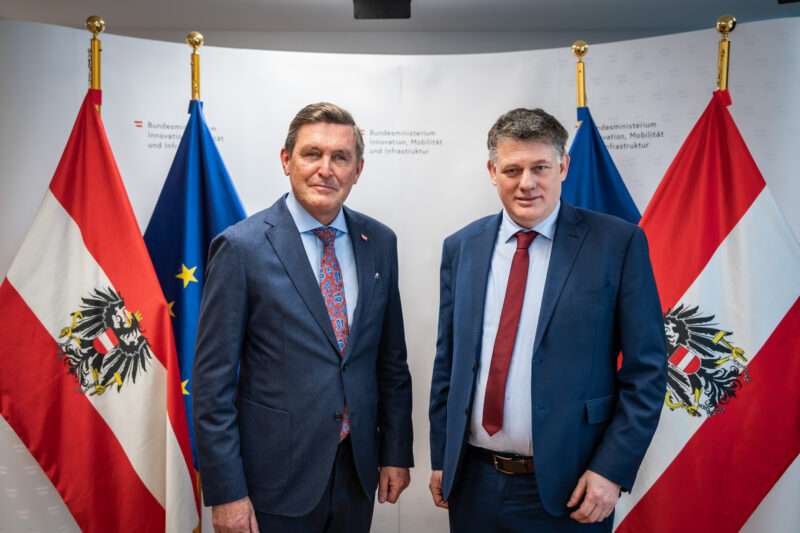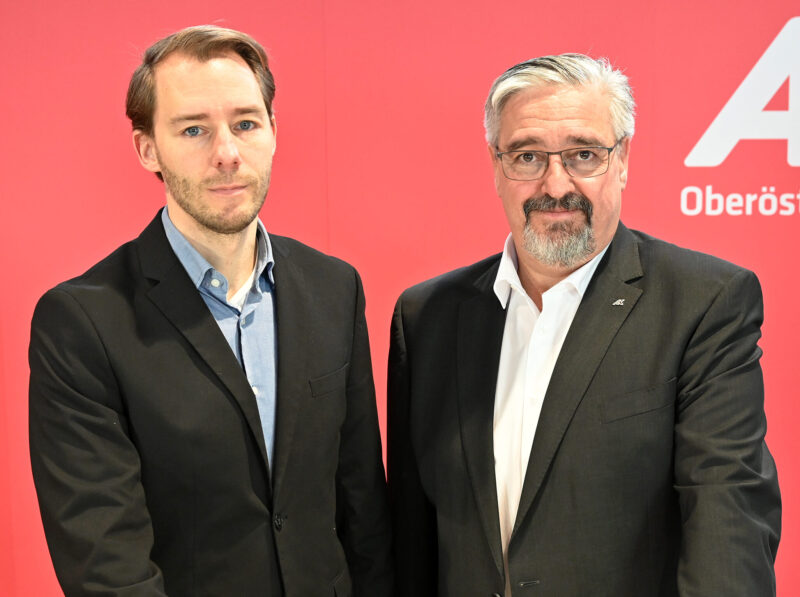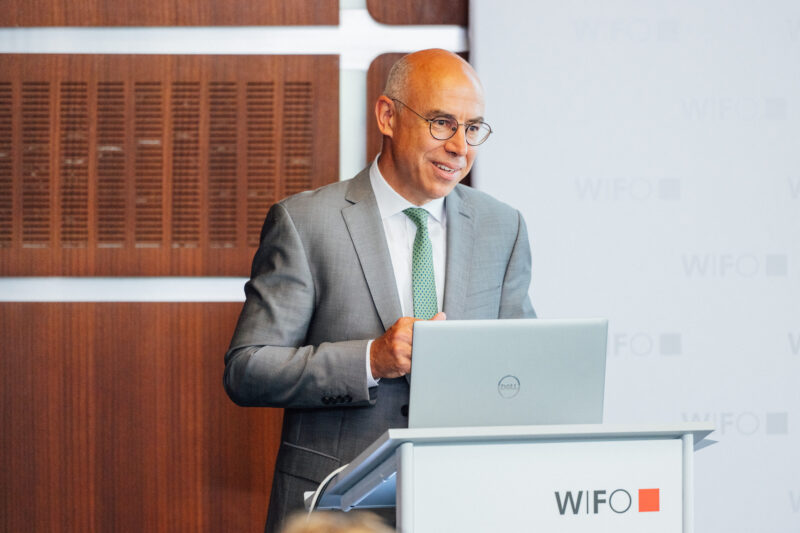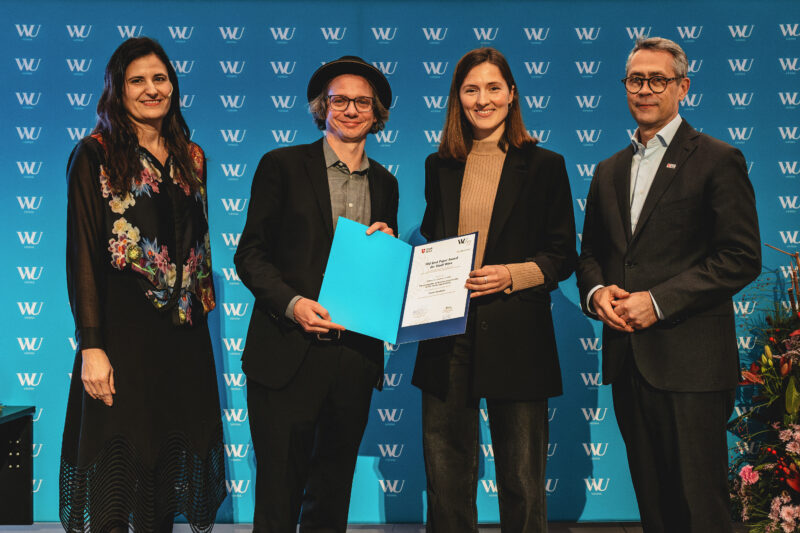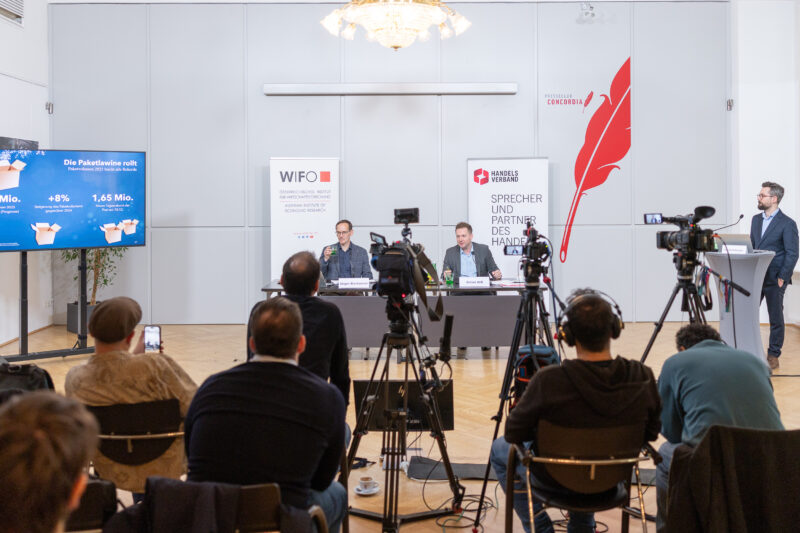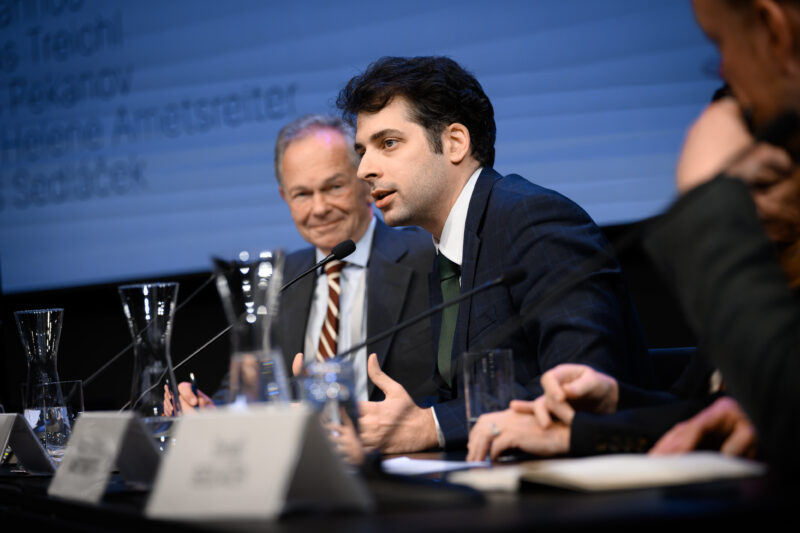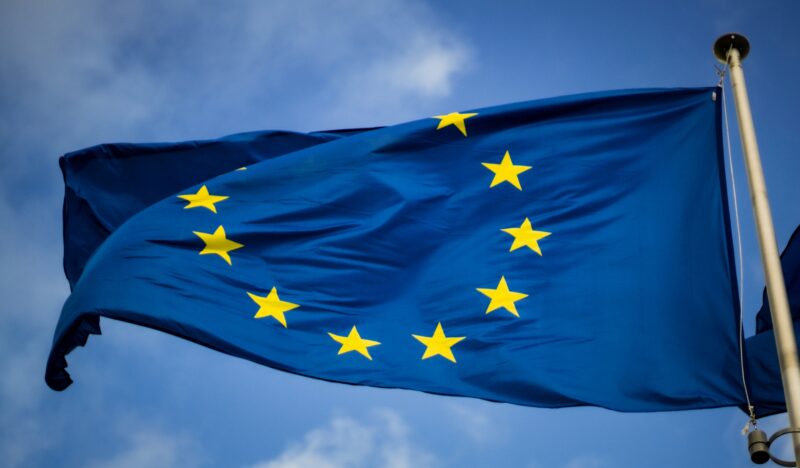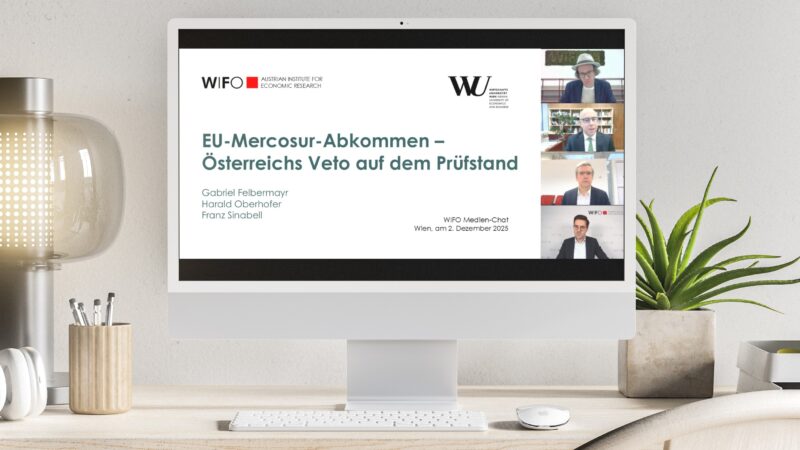
WIFO Foreign Trade Expert Michael Pfaffermayr Discusses the Welfare Effects of Brexit
The European Union (EU) and the United Kingdom are at a critical stage in negotiations for the UK's withdrawal from the EU. Following the Salzburg summit of heads of state and government and the British Conservative Party congress, the fronts appear to have hardened and the likelihood of an unregulated withdrawal by the United Kingdom has increased. The British government has responded with new proposals that could add momentum to the final negotiations. Against this background, the working paper, written by Michael Pfaffermayr (WIFO foreign trade expert and professor at the University of Innsbruck) together with Harald Oberhofer (WIFO foreign trade expert and professor at the Vienna University of Economics and Business Administration) and presented at the FIW-wiiw Seminar in International Economics, discusses the possible trade and welfare effects of Britain's disorderly exit from the EU. The study is limited to the trade in goods. The results show that the United Kingdom would be much more negatively affected by a hard Brexit. For the remaining 27 EU member countries, a non-contractual Brexit would also have negative welfare effects. A positive conclusion of the negotiations would reduce these economic costs and would thus be in the interest of all negotiating partners involved.


